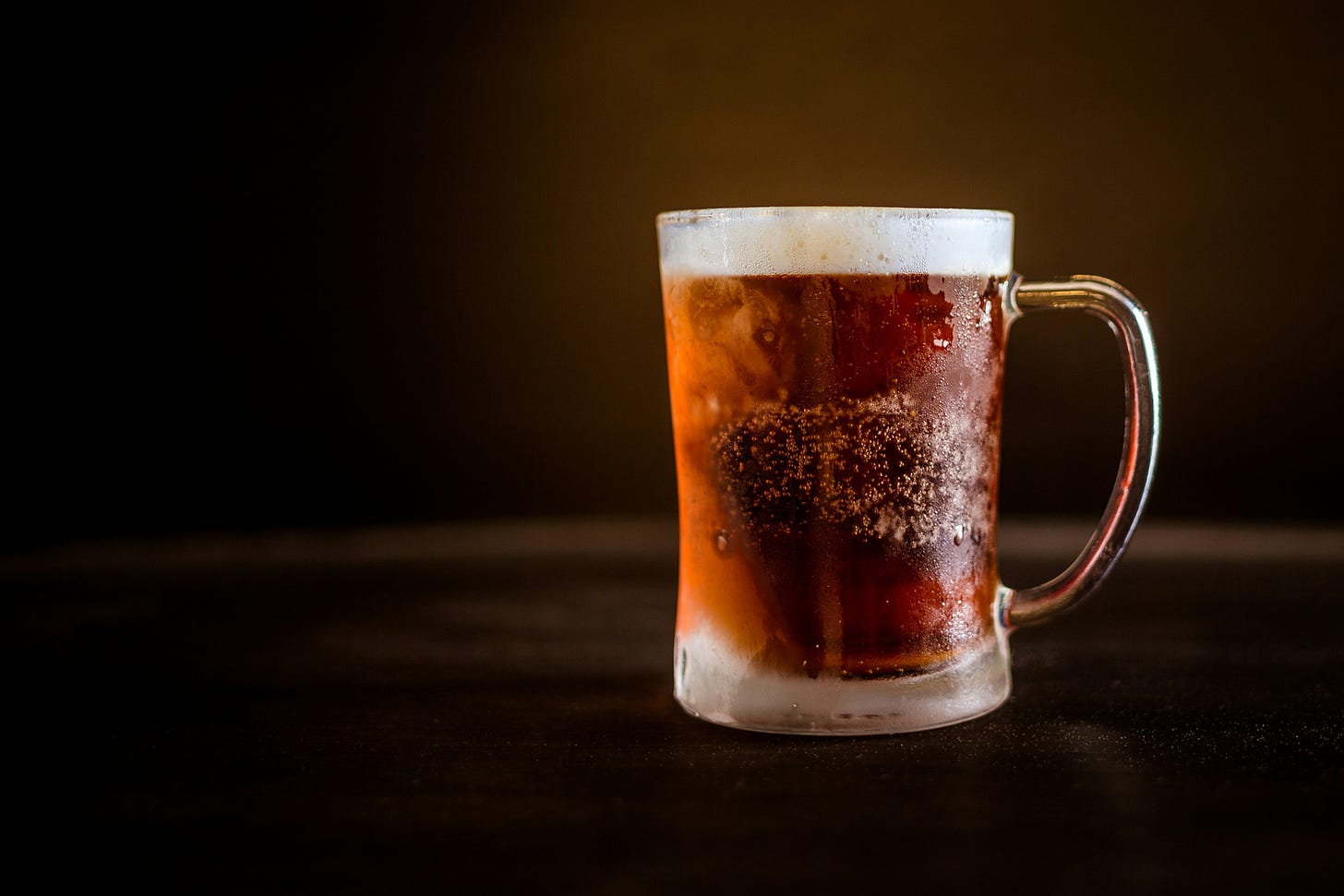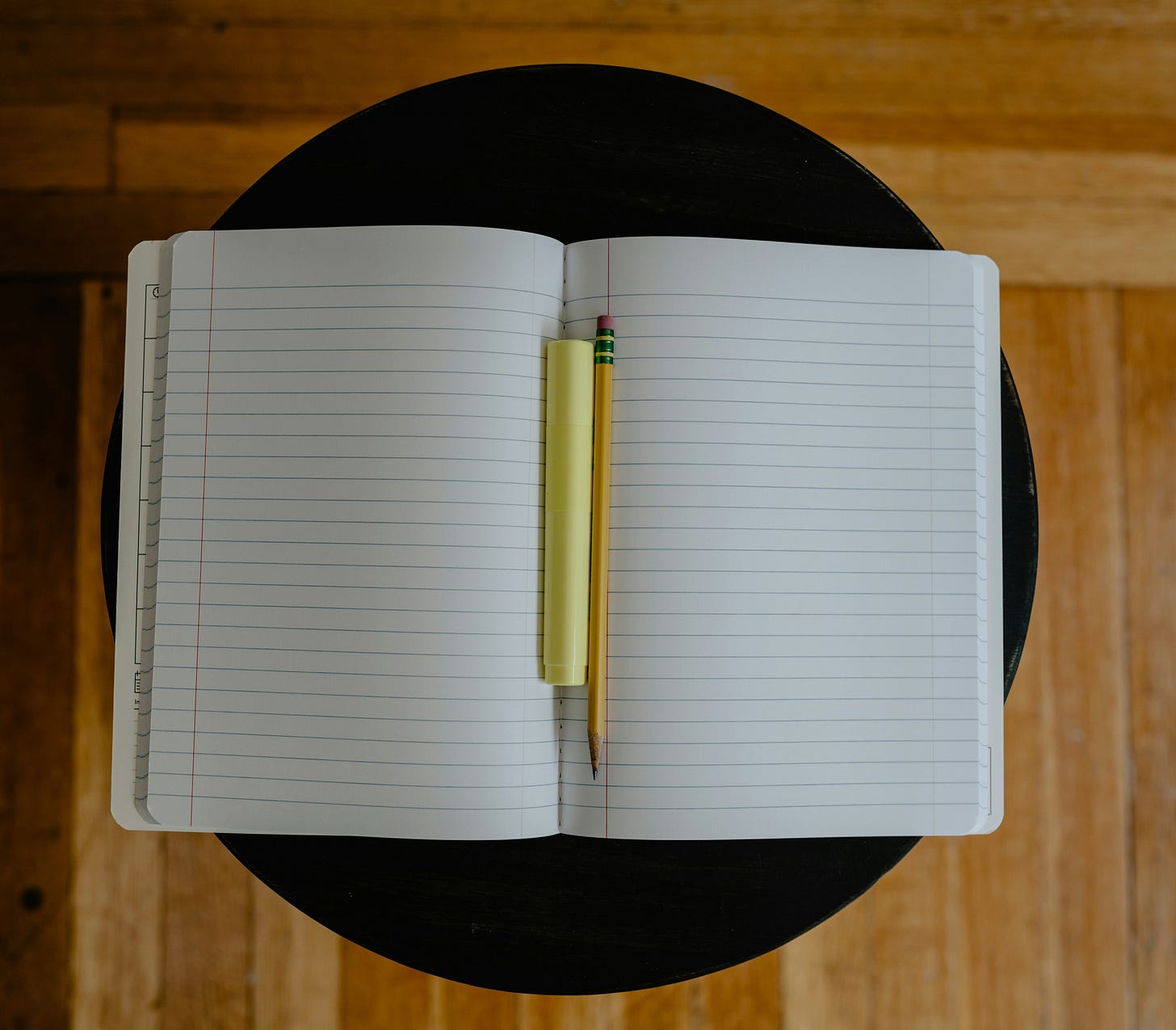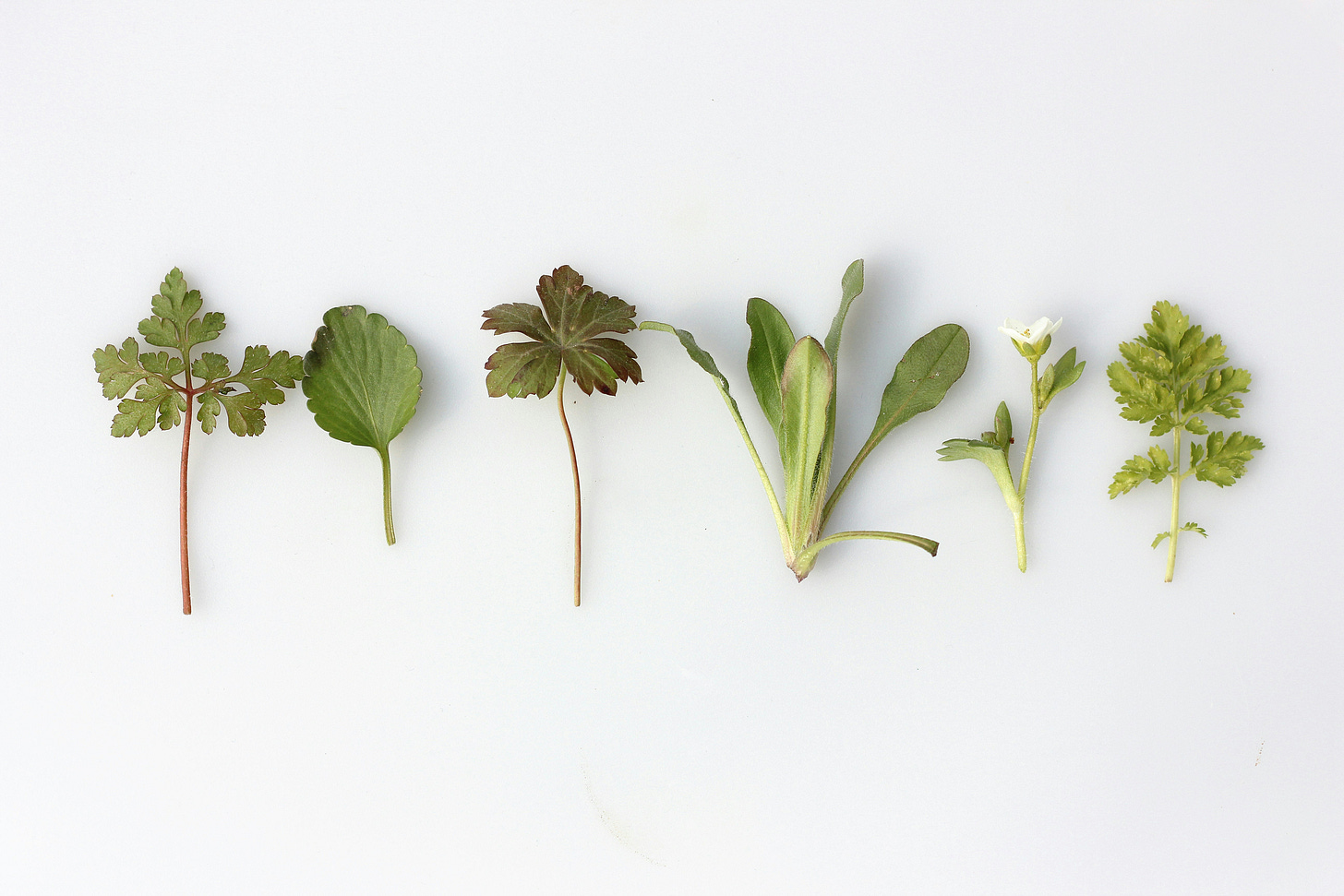Book Review: How to Brew
Detailed, enthusiastic, and extremely useful. It's true why many brewers call it "the bible for homebrewing".

"How To Brew" by John Palmer is smart, detailed, and useful. There is a reason many people recommend it online as the 'go-to' book for beer brewing. There is a reason that the brewer at your friendly, local homebrew shop may recommend it. I'm still learning new things every time I read.
The Top Five Priorities For Brewing Great Beer
Cleaning + Sanitation
Fermentation temperature control
Proper yeast management. Pitch the right quality and quantity.
The boil
The recipe
Notice that "high quality ingredients" doesn't even make the top five. Fascinating.
It Dives Right In
The first chapter of "How To Brew" is the steps to just get into it and start brewing. The author even says "You can read the rest later - while you're waiting for it to ferment. But you may have bought a beer kit and you're ready to get going. Let's do it." He then walks you through the steps and you can be done in a couple of hours.
This is a great intro, and a big morale and confidence booster. It feels great to try it once and learn the steps. *Everything* discussed in the book makes much more sense once you have actually brewed a batch one time and contextualized it.
I have seen several other brewing books that make the mistake of having a lot of theory up front - even books marked as "beginner". Don't wait literally 200 pages before you start to talk about the process and how to do it. "How To Brew" wins hands-down over many other books because it helps you to actually start and do the activity right away. Much more fun.
Also unlike other books, Palmer doesn't look down on using pre-made beer kits. He simply explains what they contain, and how they work:
"Beer kits contain concentrated wort that is ready for brewing and fermentation. They make brewing faster and easier, so you can focus on the fermentation. Fermentation is the more important process. A good fermentation of poor wort will make better beer than the poor fermentation of good wort."
This is heartening because it mentally allows you to learn fewer things at once, and learn more about the process as you practice. I also like that Palmer isn't acting like a high-and-mighty know-it-all or putting down people who do things differently. He explaining the tradeoffs, and why.
Palmer Praises Cleanliness And Paperwork

I'm biased because I take detailed notes on everything. But here is Palmer in his own words:
"Good organization and record keeping make the difference between luck and skill.
"Keep a notebook of everything you do, so you can repeat or adjust it later."
"There are two types of brewers - lucky and consistent. Being consistent means taking notes of what you do and how much, so you can learn from your results [just like cooking and othr fermenting?].
“We want to be able to repeat good batches and learn from bad ones.”
"Cleaning and sanitizing are the most important factors to ensure a successful batch of beer.
"Good preparation prevents surprises.
My spreadsheet to record details from each batch is 58 columns wide. I can go back and compare fermentation temperatures, times, techniques, and adjust things with every batch. This is definitely the approach for me.
Many Tips Are Wisdom From Experience
Palmer has tips like "sanitizing chemicals can be prepared directly in the fermentor, or other bucket, and all of your equipment can be soaked directly in that". Beautiful. "Steep your grains in wort, rather than simply in water, to avoid tannin extraction via water chemistry."
Many areas of the book show off his expertise or hard-won wisdom. He explains the concept of cooking Maillard reactions and how you really want them to get good flavoured beer. That's why you boil it for an hour. He then explains how he devised the "Extract late" method, or "Palmer method", to be able to boil half of the ingredients in half of the water, but still end up with the same gravity, alcohol, and Maillard reactions so you get the same output and flavour.
This is smart because you can save time and energy if you don't want to (or can't) boil a full 5 or 6 gallons of water to make your brew. That's very useful, especially if you're an amateur homebrewer like me who loves to save time and energy by not having to heat up the whole thing. But he also goes on to explain how not doing this correctly gives you different flavours if you boil in a different volume of water, and how that different chemistry and misunderstanding affected the reputation of homebrew beer kits for years as being "not as good" as all-grain brewing. He knows his stuff.
The Book Is Very Thorough
Palmer does walk through all of the terminology and explain the whole process - that malt is concentrated wort (sugar water); how to brew with kits vs grain and how that changes your process; how to be a good yeast rancher and create better fermentations; and tons of details on adjusting water, the process, and alternatives. He really seems to cover everything. He created his own "brew cube" to adjust different aspects of the brew and get exactly the flavour / structure / color that you want, and explains how to control it. Palmer is a smart expert.
I am enjoying the book because there is so much to learn. I find that each new batch I try something else clicks and falls into context. I can then read more about it in the book and understand the material in a much better way. So "How To Brew" guides you well during the introduction, but has so much more to fill in the details once you are ready.
Learning By "Brewing On The Ones"
Palmer discusses creating your own recipes and inspiring creativity through restriction by limiting yourself to only one ingredient per beer category - one base malt, one specialty malt, one special ingredient, and one type of hops. This is a neat way to demonstrate how and why flavours change, and seems to be a good way to learn about how beer brewing works. "A good recipe does not have to be complicated".
Explore Ingredients By Making Tea

Palmer describes a neat method of tasting ingredients to see what you like - make tea with them! Steep your herbs, hops, or other ingredients in hot water with some dry malt extract, and see how they taste. You can get a sense of how it works both using it dry, and the end, or when steeped for a long time.
This is smart and I want to try this out with several herbs so I can make a no-hops herbal beer. I will try to write that experience up as a blog post also.
Lacking - No Discussion On Replacing Sugar?
The one area I was surprised to *not* see is a detailed discussion on which sugars to use. Palmer does discuss sugar in great detail, but not until the end of the book, Chapter 24.
I am just a humble amateur homebrewer who is still learning. But the fancy dextrose sugar that they want to sell you in the brewing store costs 2x to 4x as much as just buying plain, not-fancy table sugar sucrose at a grocery store. Will sucrose affect the flavour and make the same beer? Do the yeasts care? I find a ton of information online from beer nerds shouting both "yes!" and "no!". It would be great to have an expert like Palmer weigh in on the matter, or explain when or why.
As it stands, I plan to brew a batch or two with regular table sugar (adjusted to the right ratios) and see how it turns out. If you're looking to reduce your cost for the hobby, using regular sugar might save you $2 to $5 or more per batch. Plus you have more places to buy from. It seems worth trying.
Overall: Great
I keep learning new things with each batch I brew, and with each time I read or reference the book. I have several important pages dog-eared to look up carbonation calculations for sugar, and so on. If you are interested in getting into brewing - I highly recommend it.
References
How To Brew, 1st Edition - Available free from the author online
It's still worth buying a copy so you can reference it in person. The newer editions also have more and better info.



